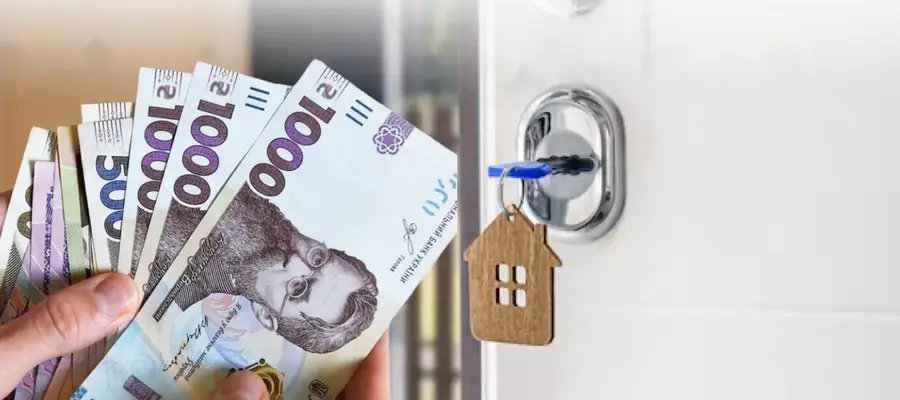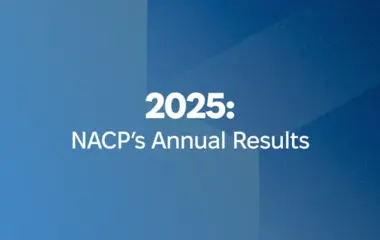On September 10, 2025, at its meeting, the Government approved the draft law initiated by the National Agency on Corruption Prevention (NACP) “On Amendments to Certain Laws of Ukraine on Optimizing the Procedure for Conducting Special Verification During Martial Law in Ukraine” (No. 14035 of 11.09.2025). Its purpose is to optimize the procedure and conditions for conducting special verification.
The draft law provides that a special verification is not conducted if a person resigns and is appointed no later than the next working day to a position within the same state body, local self-government body, or to a political position, and such person has already undergone a special verification organized by that body during martial law. This applies to positions involving responsible or especially responsible functions, as well as positions with an increased corruption risk.
In addition, the Government approved the draft law “On Amendments to the Civil Procedure Code of Ukraine and the Code of Administrative Proceedings of Ukraine on Improving the Procedure for Case Consideration by the High Anti-Corruption Court” (No. 14033 of 11.09.2025), aimed at ensuring proper dynamics of court proceedings in administrative and civil cases under the jurisdiction of the High Anti-Corruption Court.
The draft law provides for:
- removing from the Civil Procedure Code of Ukraine and the Code of Administrative Proceedings of Ukraine the provisions on mandatory consideration of civil and administrative proceedings under the jurisdiction of the High Anti-Corruption Court at first instance collegially by a panel of three judges;
- stipulating that cases concerning recognition of assets as unjustified and their confiscation to the state may, depending on complexity, be considered by a High Anti-Corruption Court judge individually or collegially by a panel of three judges of the court. At the same time, cases opened before this law enters into force must be considered under the rules effective before it entered into force.
The draft law was developed to implement the Anti-Corruption Strategy for 2021–2025 and the State Anti-Corruption Program until 2025. Its approval is an important step in fulfilling a measure envisaged by the Rule of Law Roadmap.
Moreover, one of the seven recommendations of the European Commission regarding Ukraine’s EU membership concerns strengthening the fight against corruption, in particular through active and effective investigations, as well as ensuring proper dynamics of court proceedings and delivering verdicts.
The Government also approved the draft law “On Amendments to the Code of Ukraine on Administrative Offenses and the Criminal Procedure Code of Ukraine on Sending Copies of Court Decisions in Cases of Corruption and Corruption-Related Offenses” (No. 14034 of 11.09.2025), aimed at ensuring the inevitability of legal liability for committing a corruption or corruption-related offense.
The draft law provides for:
- establishing the obligation of courts to send copies of court decisions in cases of corruption-related criminal or administrative offenses by email or other electronic communication means to the head of the state authority, local self-government body, enterprise, institution, or organization where the person concerned works (serves), to decide on initiating disciplinary liability. If the head is not authorized to initiate disciplinary proceedings, the copy of the court decision is sent to the competent body or official;
- requiring that protocols on administrative offenses related to corruption also include the email address of the state authority, local self-government body, enterprise, institution, or organization where the person subject to administrative liability works (serves).
The implementation of the draft law will ensure timely informing of leadership or an authorized body to initiate disciplinary proceedings about the fact of consideration and outcome of a case on corruption or corruption-related offenses, enabling further actions to bring the person to disciplinary liability.
The draft law was developed to implement the Anti-Corruption Strategy for 2021–2025 and the State Anti-Corruption Program until 2025.









